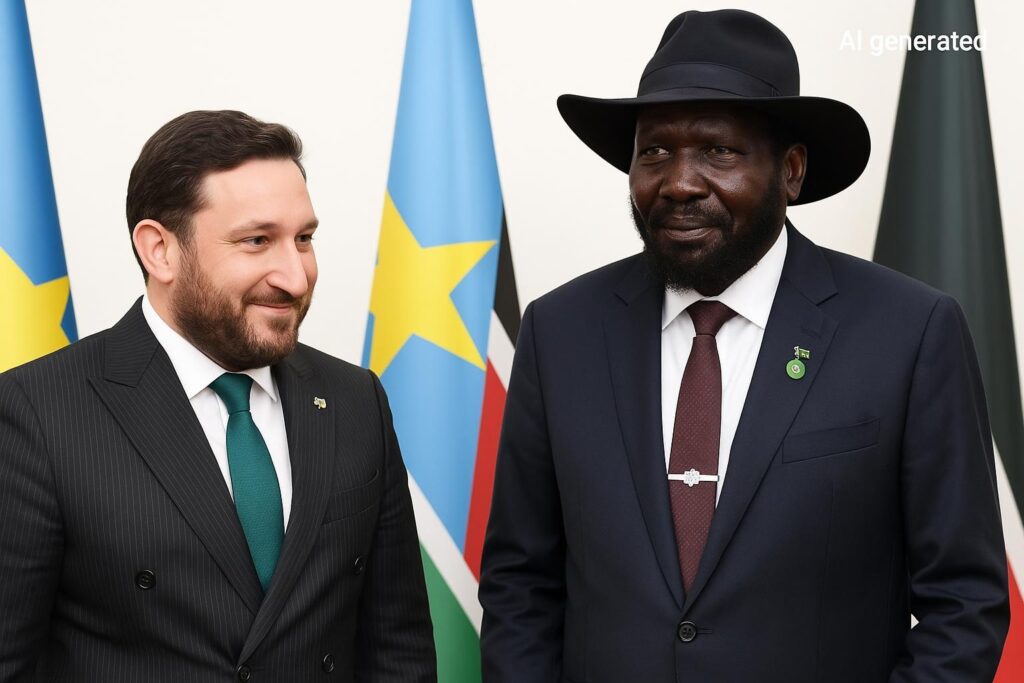Rallying Around Dialogue
The African Union Peace and Security Council’s August field mission to Juba reignited calls for a broad political conversation in South Sudan. Civil society groups, faith leaders and foreign partners say the moment may finally be right for structured, time-bound talks.
AU PSC Mission Revives Diplomatic Energy
In its communiqué, the Council urged an ‘inclusive high-level political dialogue’ to ease rising tensions before the transitional timeline expires. Observers note that the language echoes President Salva Kiir’s July appeal to opposition holdouts to ’embrace reconciliation’ for the sake of citizens.
Diplomats from Canada, Germany, the Netherlands, Norway, the United Kingdom, the United States and the European Union quickly echoed the AU stance, signalling technical and financial backing once a viable roadmap emerges.
Civil Society Demands Tangible Framework
The South Sudan Civil Society Forum welcomed the renewed diplomatic attention but warned that warm words alone will not stem insecurity or shrinking civic space. ‘Without practical steps, the call risks remaining rhetorical,’ its statement cautioned.
Forum coordinator Kuol Awan told our magazine that civil actors are drafting proposals for sequencing talks, security guarantees and monitoring mechanisms. ‘A timetable must be agreed within weeks, not months,’ he argued, noting that electoral preparations are losing momentum.
Tumaini Initiative Offers Ready Platform
Many stakeholders point to the Tumaini Initiative, launched in Nairobi under Kenyan and IGAD auspices, as a foundation to convene signatory and non-signatory groups. Initial sessions last May produced consensus on humanitarian corridors and cease-fire monitoring.
Analyst Dr. Nyachiep Wol of the University of Juba believes the process can be ‘re-energised with modest funding and political cover from the AU.’ Enhancing women’s participation and updating the agenda to current security realities would, she said, broaden legitimacy.
What Inclusive Talks Could Unlock
If shepherded carefully, a revitalised dialogue could clarify the electoral calendar, reform security arrangements and reopen civic space. That, diplomats argue, would reassure investors eyeing the country’s vast oil and agricultural potential.
Civil society insists achievements must be measurable: detainees released, media houses reopened and community consultations scheduled. The coming weeks will reveal whether political elites can convert unprecedented consensus into concrete progress.


